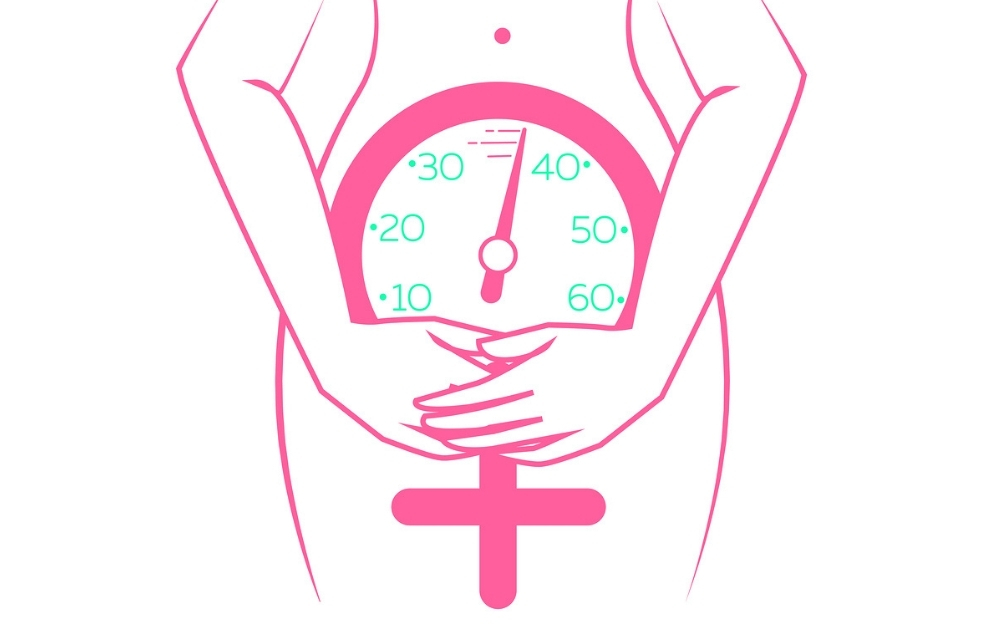During perimenopause or menopause, your body is undergoing many changes, especially with your hormone levels. It is likely that you haven’t experienced this kind of hormonal change since puberty…and it may have you feeling “off.” There’s a lot to know about what is happening to your hormones, but I would like to give you an overview of the most important overview of your hormone health.
Menopause and your hormones
Needless to say, menopause has many effects on your hormones. During menopause, your hormones actually approach their pre-pubescent state—everything is lower and returns to the baseline. This change and imbalance can cause a whole slew of symptoms and problems, including hot flashes, fatigue, mood swings, vaginal changes, lower libido, and more. Sound familiar? It’s totally normal. I always tell my patients to be familiar enough with themselves and their bodies to be able to spot the symptoms, and let those symptoms be your guide.
In addition to the list of issues that hormonal changes can cause, hormone health is also directly related to gut health and overall health. This is one of the reasons why it is so important to take a holistic approach to health—everything is connected. If your hormones are out of whack, it is likely that you will start to see the negative effects on other parts of your body, too.
Hormone treatment options
This is probably the part you’ve been waiting for…how do you address these hormonal changes so that you can start feeling yourself again? There are several options to choose from depending on your specific symptoms and hormone levels. A few of the most common treatments are:
- Hormone Replacement Therapy (HRT). I am not a hormone pusher, and this is not necessarily my immediate choice of hormone treatment, but some women who react more severely to menopause can really benefit from HRT. This treatment replaces your hormones to help balance out the levels in your body to combat the symptoms caused by imbalances. There is no “one size fits all” for HRT, it is very dependent on your specific needs.
- Hormone pellets. Pellets are becoming an increasingly popular hormone treatment method. The pellets are inserted into the buttocks every 3-6 months, and the pellets slowly deliver the hormones over this period of time.
- Hormone balancing supplements and botanicals. There are many supplements and botanicals that can be very helpful for women during menopause. The two that I think are particularly important and commonly prescribe to my patients are Chaste Tree (Vitex) and Vitamin D.
It is incredibly important to be aware of the changes and symptoms you are experiencing during menopause and be open with your doctor about them. This is the best way to find an effective treatment that will help you feel yourself again. I discuss the hormonal changes during menopause and the methods to help treat them in depth in my book, The Menopause Myth. If you would like to learn more about hormone treatments or other women’s health services, visit my practice website and schedule an appointment!

